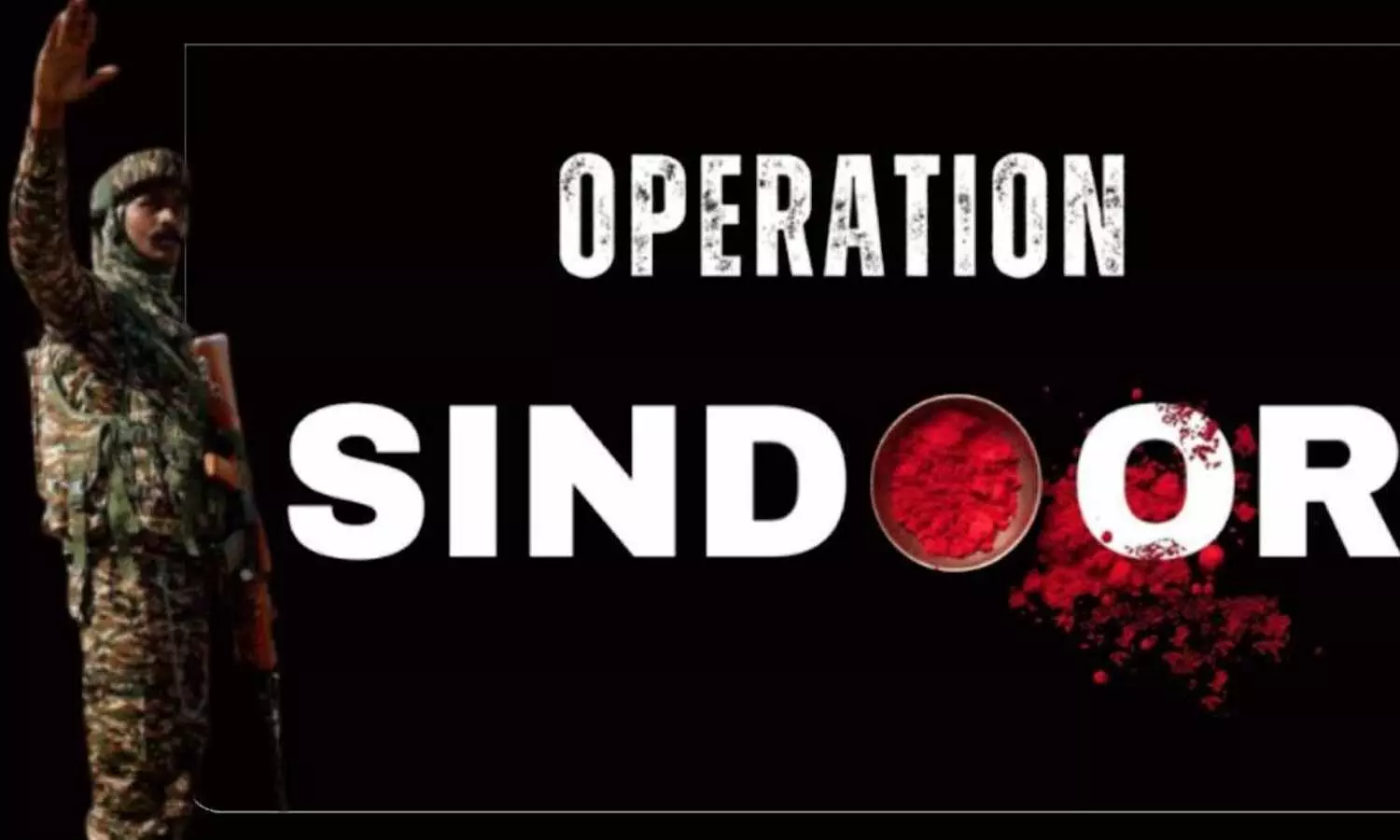Operation Sindoor: How Have Indian Markets Reacted to Uri Strike, Balakot Strike, Kargil War?
As of 10:08 am, Sensex was down by 163 points at 80,448.39, while NSE Nifty slipped by 73 points to trade at 24,305.
Operation Sindoor: How Have Indian Markets Reacted to Uri Strike, Balakot Strike, Kargil War?

The Indian equity markets remained volatile today, May 7, following the impact of ‘Operation Sindoor’, in which Indian missiles struck terror infrastructure in Pakistan and Pakistan-occupied Kashmir (PoK) to retaliate against last month’s Pahalgam attack.
As of 10:08 am, Sensex was down by 163 points at 80,448.39, while NSE Nifty slipped by 73 points to trade at 24,305.
Among the Sensex-listed companies, 22 stocks were trading in red. Shares of Asian Paints, Larsen & Toubro, HCL Tech, Sun Pharma, and UltraTech Cement were the top losers, down by 1.61%.
How did Indian stock markets react to the Uri strike, Balakot strike, and Kargil war?
Abhishek Jaiswal, fund manager at Finavenue, said, “Historical data suggests that the Indian stock market has generally responded with resilience to serious geopolitical events. Except for the Parliament attack in 2001, all other incidents studied have led to positive market returns over the medium to long term.”
According to him, the possibility of full-blown war remains unlikely. As long as such developments are averted, India's economic growth trajectory is unlikely to witness any major setbacks. As per historical records, markets tend to behave negatively during the initial period following the cross-border attacks, but continue to thrive thereafter.
Balakot airstrikes
On February 26, 2019, the Indian Air Force conducted air strikes in Balakot in retaliation to the Pulwama terror attack. Sensex slipped by 239 points and the Nifty lost 44 points. On the next day, benchmark indices gained significantly.
Pulwama attack
Following the Pulwama terror attack in 2019, the Indian equity markets didn’t report any major decline. Sensex fell by about 0.2% the following day.
Uri Surgical strike
On the day of surgical strikes in Uri in 2016, Sensex fell by over 400 pts and Nifty slumped by 156 points, reflecting investor panic. However, just after a few days markets recovered significantly, shrugging off short-term fears.
Kargil War
Despite the intensity of the military conflict that lasted two months, the markets went up. Between May and July 1999. Sensex surged by 1,115 points or 33%, while Nifty gained by 319 points. The rally can be attributed to progressive economic reforms, favourable reforms and political stability.
Operation Sindoor: Can it have an impact on the Indian stock markets?
V K Vijayakumar, chief investment strategist of Geojit Investments Limited, said, “What stands out in ‘Operation Sindoor’ from the market perspective is its focused and non-escalatory nature. We have to wait and watch how the enemy reacts to this precision strikes by India. The market is unlikely to be impacted by the retaliatory strike by India since that was known and discounted by the market.”

